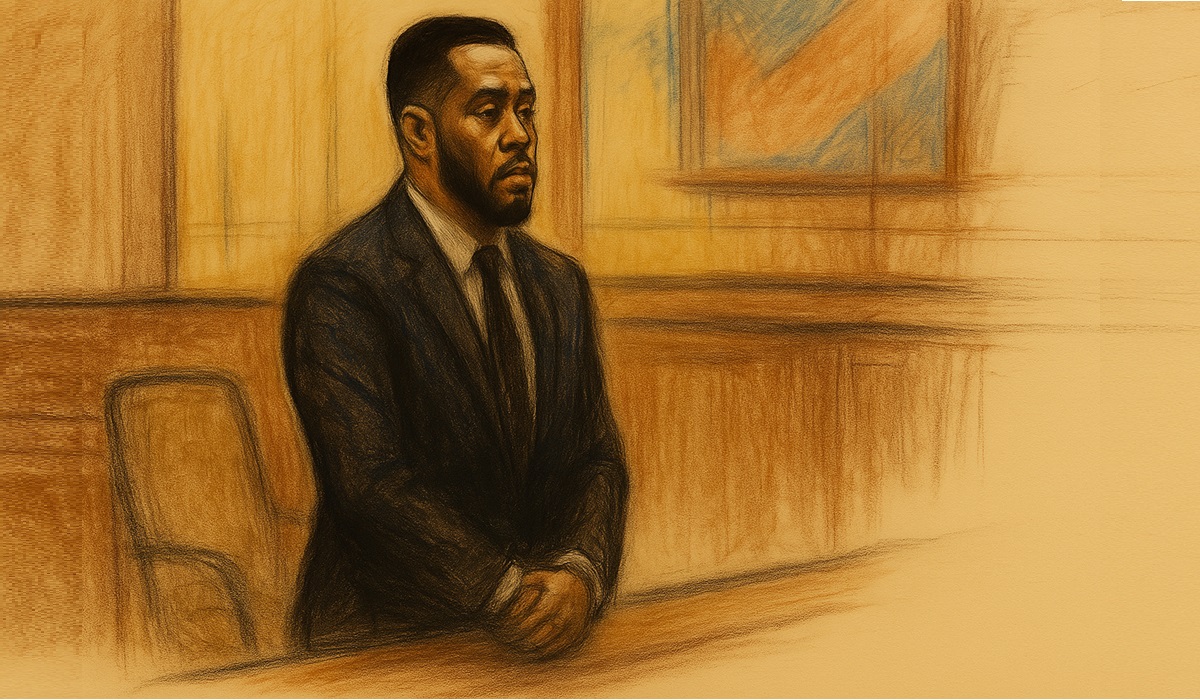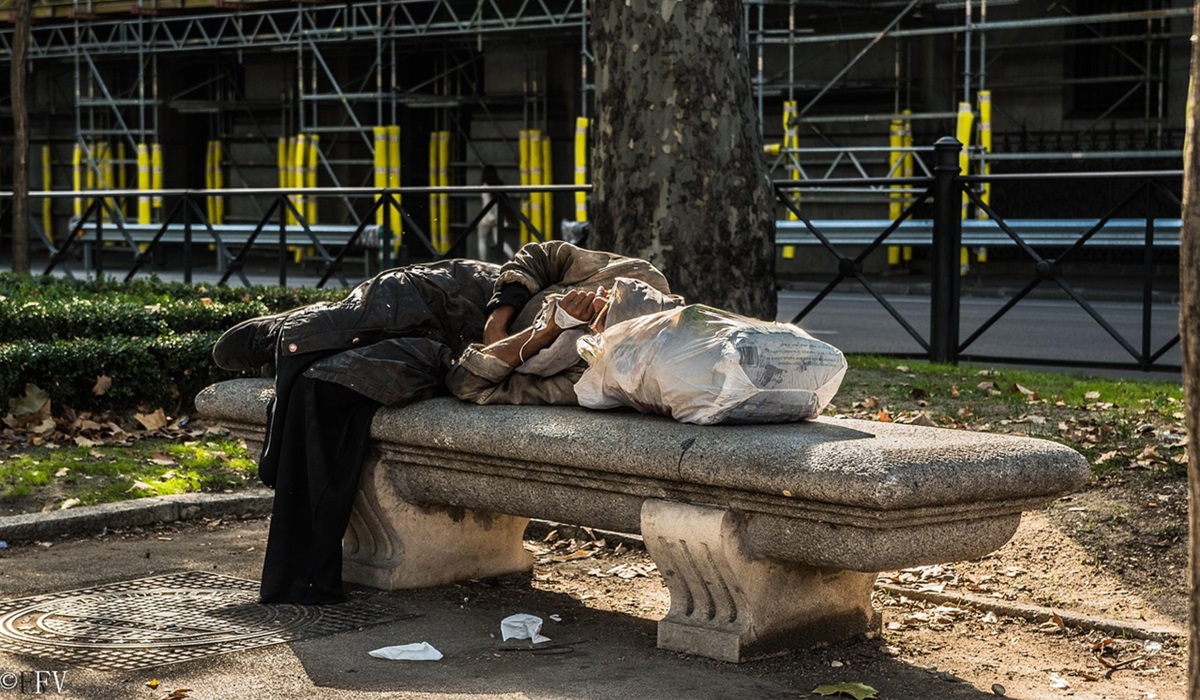Sean “Diddy” Combs was found not guilty on three out of five federal charges Tuesday in a verdict that marked a dramatic turning point in one of the most closely watched celebrity trials in recent memory. The jury cleared Combs of the most serious accusations, including racketeering conspiracy and two counts of sex trafficking by force, fraud, or coercion. But they did convict him on two lesser counts related to prostitution—specifically, for transporting women across state lines to engage in sexual activity in violation of the Mann Act.
The split decision is both a legal victory and a reputational blow. It spares Combs the possibility of spending decades or even the rest of his life behind bars, but still marks him as a convicted felon in connection to conduct that prosecutors described as exploitative and predatory.
Jurors appeared to agree that while Combs maintained long-term, emotionally fraught relationships with multiple women over a span of years, the evidence didn’t support the claim that he was orchestrating a criminal trafficking enterprise. Instead, what emerged in court was a picture of manipulation and abuse—relationships shaped by control, power imbalance, and transactional intimacy, but not the legal definition of coercion or human trafficking.
Still, the two counts Combs was convicted on are not minor. Each carries a maximum sentence of ten years in prison. And while sentencing for first-time offenders can vary widely, especially in non-violent cases like this, the judge has discretion to issue a combined sentence of up to 20 years. Legal experts suggest Combs is unlikely to receive the maximum, but he is also unlikely to walk away with just probation.
Immediately following the verdict, Combs’ attorneys filed a motion for his release, arguing that with the most serious charges dismissed and no history of flight, he should be allowed to await sentencing outside of jail. The prosecution opposed the motion, asserting that the nature of the convictions and Combs’ wealth and global connections still made him a flight risk. A hearing is expected later this week to determine whether he will be granted bail.
The trial, which lasted three weeks, included emotional testimony from multiple women who had once been closely involved with Combs. While their accounts were central to the prosecution’s trafficking case, the defense successfully argued that the relationships—however dysfunctional—were consensual. That distinction may have saved Combs from the most severe charges, but it hasn’t insulated him from public fallout. Even a partial conviction leaves a permanent mark.
Combs now waits. His once-vast empire—spanning music, fashion, media, and alcohol—has already begun to fracture under the weight of the scandal. Civil suits are piling up. Endorsements have been pulled. What remains is uncertainty: how long he’ll be behind bars, what kind of prison he’ll be sent to, and whether any part of his public image can survive the blow.
The jury’s message was clear: the allegations may have shocked the public, but the law requires precision. Abuse, control, and exploitation don’t always add up to trafficking—but that doesn’t make them harmless. For Sean Combs, the road ahead is no longer about beating the system. It’s about facing whatever’s left.









